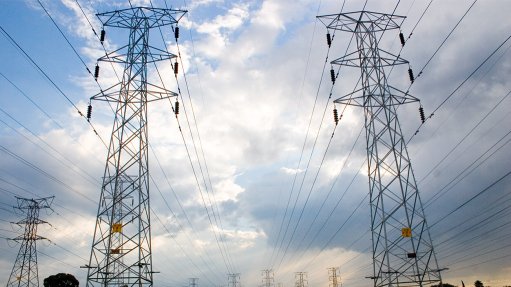
Power Evacuation 220 kV transmission lines will evacuate electricity from the Rusumo Falls hydroelectric plant
Construction of transmission lines to evacuate power from a regional hydroelectric project in East Africa, which was hanging in the balance following the withdrawal of financing by key partners, is now back on track.
After six months of uncertainty, the African Development Bank (AfDB) has agreed to provide the $40-million financing shortfall for the 220 kV transmission lines, which will evacuate electricity from the Rusumo Falls hydroelectric plant – on the Rwanda-Tanzania border – to Rwanda, Burundi and Tanzania.
“Energy plays a key role in the development of our economies because almost all sectors are driven by energy,” said Rwanda Finance and Economic Development Minister Claver Gatete after the signing of the concessional loan agreement.
The project was thrown into jeopardy after the French Development Agency and the Germany Development Agency withdrew funding, citing failure by the three governments to provide a conclusive environmental- and social impact-assessment for the project.
Rusumo Falls, a regional power project estimated to cost $468-million, will generate 80 MW when it is completed in 2017. The power generated will be shared by the three countries.
AfDB country representative for Rwanda Negatu Makonnen said the project was critical, as it would directly contribute to Rwanda’s aims of sustained rapid economic growth and economic transformation.
“It will also provide the opportunity to replace high-cost thermal plants in the power systems, thereby lowering the cost of power generation,” he said.
The Rwanda government has developed an ambitious $6-billion energy expansion plan that seeks to increase electricity access to 70% by 2018, up from 17% currently.
To tackle perennial deficits and meet increasing demand, Rwanda intends to exploit 300 MW of geothermal, 300 MW of methane and 330 MW of hydro.
While Rwanda is the fastest-growing economy in East Africa, at an average rate of 7% a year, the country’s electricity output currently stands at a paltry 100 MW.